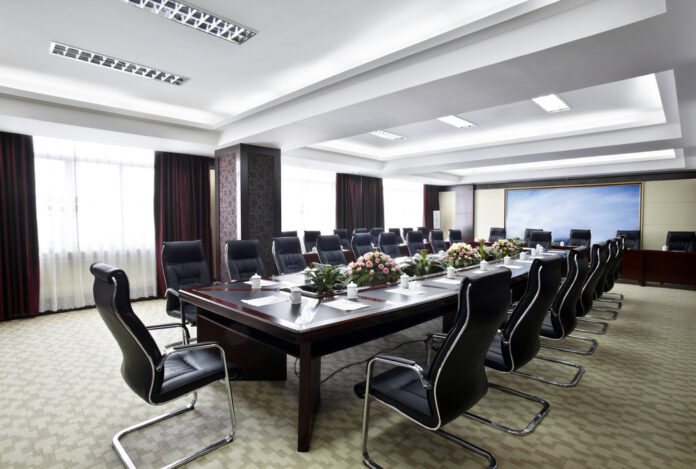Introduction:
Conferences play a vital role in fostering professional development and networking opportunities. When attending a conference, one of the crucial aspects to consider is finding suitable accommodation. The right hotel choice can significantly enhance your conference experience, ensuring comfort, convenience, and accessibility. In this comprehensive guide, we will delve into the essential factors to consider when booking hotels for conferences, providing you with valuable tips to secure the best accommodations that cater to your needs.
1. Location:
The first consideration when booking hotels for conferences is its location. Look for hotels situated in close proximity to the conference venue. This not only saves time but also reduces transportation costs and minimizes the chances of being late. Additionally, opt for hotels located near public transportation links, airports, and major highways, allowing for seamless travel.
2. Conference Facilities:
Evaluate the conference facilities provided by the hotel. Check whether the hotel offers dedicated meeting rooms, auditoriums, or convention centers. These facilities are crucial for networking events, workshops, and presentations. Ensure that the available space can accommodate the expected number of attendees and is equipped with the necessary audio-visual equipment and technology.
3. Accommodation Options:
Consider the range of accommodation options offered by the hotel. Assess the availability of different room types, such as standard rooms, suites, and executive rooms, to suit varying budgets and preferences. Take into account the number of guests you plan to accommodate and ascertain whether the hotel can provide suitable room arrangements, such as twin or connecting rooms.
4. Amenities and Services:
Evaluate the amenities and services provided by the hotel. Look for features like complimentary Wi-Fi, business centers, fitness facilities, on-site restaurants, and 24-hour room service. These amenities contribute to a comfortable and convenient stay, enabling you to work efficiently, relax, and recharge during breaks.
5. Reviews and Ratings:
Before finalizing your booking, read reviews and ratings from previous guests. Online platforms such as TripAdvisor, Booking.com, and Google Reviews offer valuable insights into the hotel’s quality and service. Pay attention to feedback regarding cleanliness, staff friendliness, responsiveness, and overall customer experience. High ratings and positive reviews can serve as a reliable indicator of a hotel’s suitability for conference attendees.
6. Negotiating Rates:
When planning a conference, hotels often offer special group rates or discounted prices. Contact the hotel’s sales department or events team to inquire about available discounts or customized packages for conference attendees. Negotiating rates and inquiring about additional perks, such as complimentary meeting room rentals or upgrades, can lead to significant cost savings and added value for your conference.
7. Flexibility and Cancellation Policies:
Unforeseen circumstances may require adjustments to your conference plans. Therefore, carefully review the hotel’s flexibility and cancellation policies. Ensure that the hotel offers reasonable terms and conditions for reservation changes or cancellations, allowing you to adapt your accommodation arrangements as needed without incurring unnecessary expenses.
8. Safety and Security:
Prioritize your safety and security by selecting hotels that prioritize these aspects. Check if the hotel has security measures in place, such as surveillance cameras, secure access systems, and well-trained staff. Additionally, consider the hotel’s proximity to emergency services, medical facilities, and the overall reputation of the surrounding neighborhood.
Conclusion: Choosing the right hotel for a conference is a critical step in ensuring a successful and enjoyable experience. By considering factors such as location, conference facilities, accommodation options, amenities, reviews, negotiating rates, flexibility, and safety, you can make an informed decision that caters to your specific needs. Taking the time to research and plan ahead will greatly enhance your overall conference experience, enabling you to focus on networking, knowledge-sharing, and professional growth.



